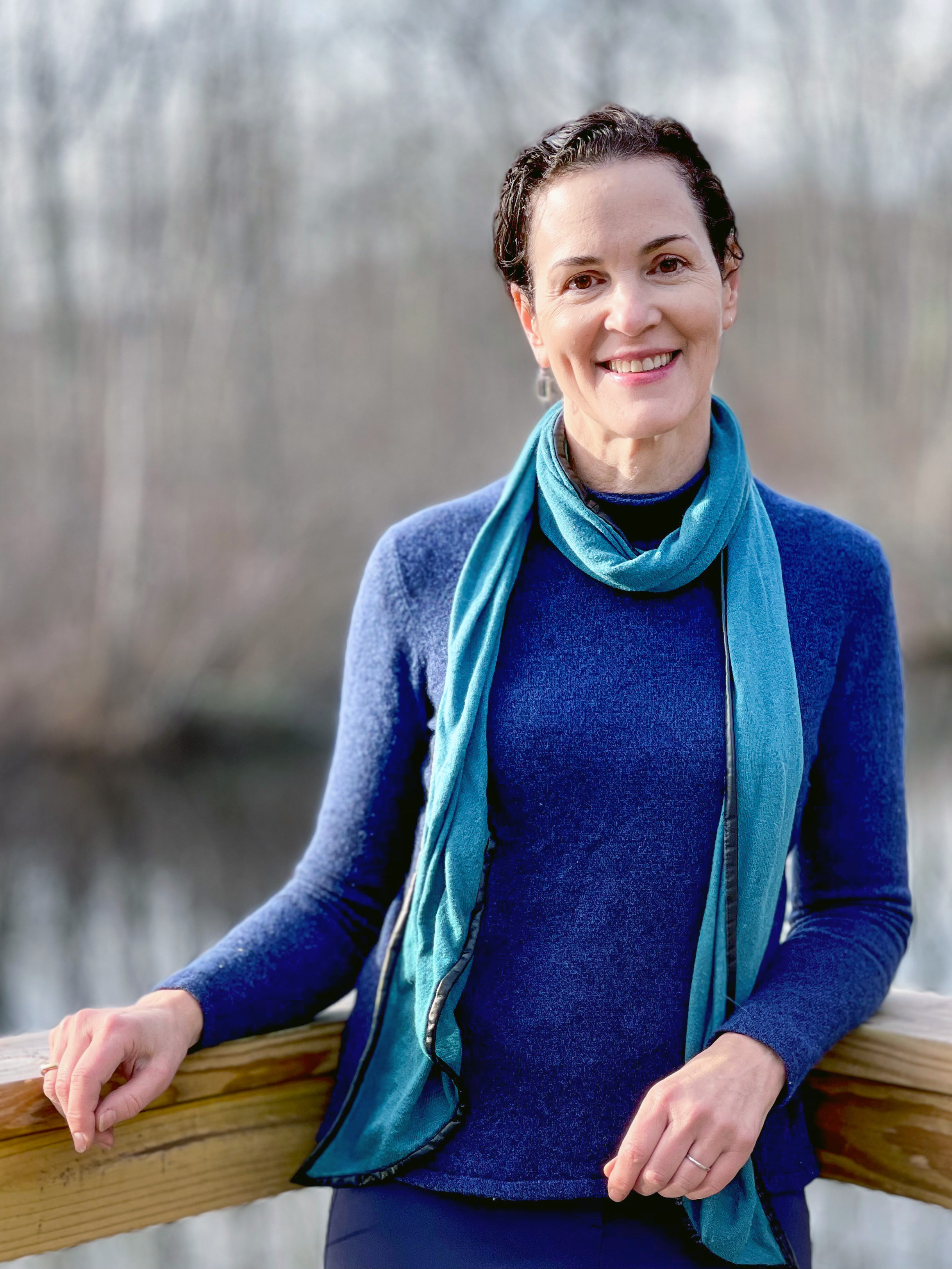Uncovering the unexpected link between opioid use and memory loss
Lauren Aguirre ’86

Memory contextualizes our emotions and deepens our identities. But illnesses such as dementia can wipe out decades of experiences without a trace.
In her debut book, The Memory Thief, science journalist Lauren Aguirre ’86 explores how opioids can contribute to this loss. The book chronicles an unusual form of amnesia initially identified in a group of fentanyl overdose survivors—and explores how this discovery might lead to a cure for Alzheimer’s.
Aguirre studied science journalism at MIT and landed a position with Nova, the science documentary series from PBS, through her participation in the Undergraduate Research Opportunities Program (UROP). After working there throughout her senior year, she accepted a full-time production role after graduation, exploring topics from space exploration to human origins.
Eventually, though, she wanted to explore a single topic more deeply. The one she chose was intensely personal: she temporarily lost her own memory during a simple partial seizure, a condition associated with epilepsy. “It was very quickly treated with medicine, but I had that really visceral experience of how terrifying it is to really not know who you are for a couple of minutes. It launched my fascination with ‘strange brains,’” she says.
This led her to study fentanyl-induced amnesia, documented in a 2018 report in the New England Journal of Medicine and observed in a cluster of Massachusetts patients. In some people, fentanyl kills neurons in the hippocampus—a brain area already vulnerable to the oxygen deprivation that occurs during an overdose—by causing cells to fire out of control.
Because the syndrome is so rare, she encountered some doctors who were skeptical about the connection between fentanyl and amnesia. The book traces how others such as Jed Barash, medical director of the Soldiers’ Home in Chelsea, Massachusetts, doggedly pursued answers, ultimately confirming how opioids can damage the hippocampus.
“These Alzheimer’s researchers and neuroscientists are heroes. We owe them a debt of gratitude, because I do think that eventually there will be, if not cures, at least treatments,” she says.
Currently working on a book of medical fiction, Aguirre credits MIT with her willingness to take those leaps. “Just being able to survive there gave me the confidence to believe that eventually, if you work hard enough, you’ll figure things out,” she says.
Keep Reading
Most Popular
Large language models can do jaw-dropping things. But nobody knows exactly why.
And that's a problem. Figuring it out is one of the biggest scientific puzzles of our time and a crucial step towards controlling more powerful future models.
The problem with plug-in hybrids? Their drivers.
Plug-in hybrids are often sold as a transition to EVs, but new data from Europe shows we’re still underestimating the emissions they produce.
Google DeepMind’s new generative model makes Super Mario–like games from scratch
Genie learns how to control games by watching hours and hours of video. It could help train next-gen robots too.
How scientists traced a mysterious covid case back to six toilets
When wastewater surveillance turns into a hunt for a single infected individual, the ethics get tricky.
Stay connected
Get the latest updates from
MIT Technology Review
Discover special offers, top stories, upcoming events, and more.